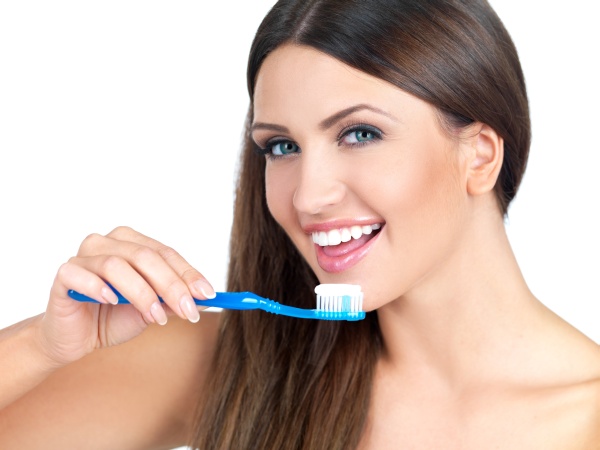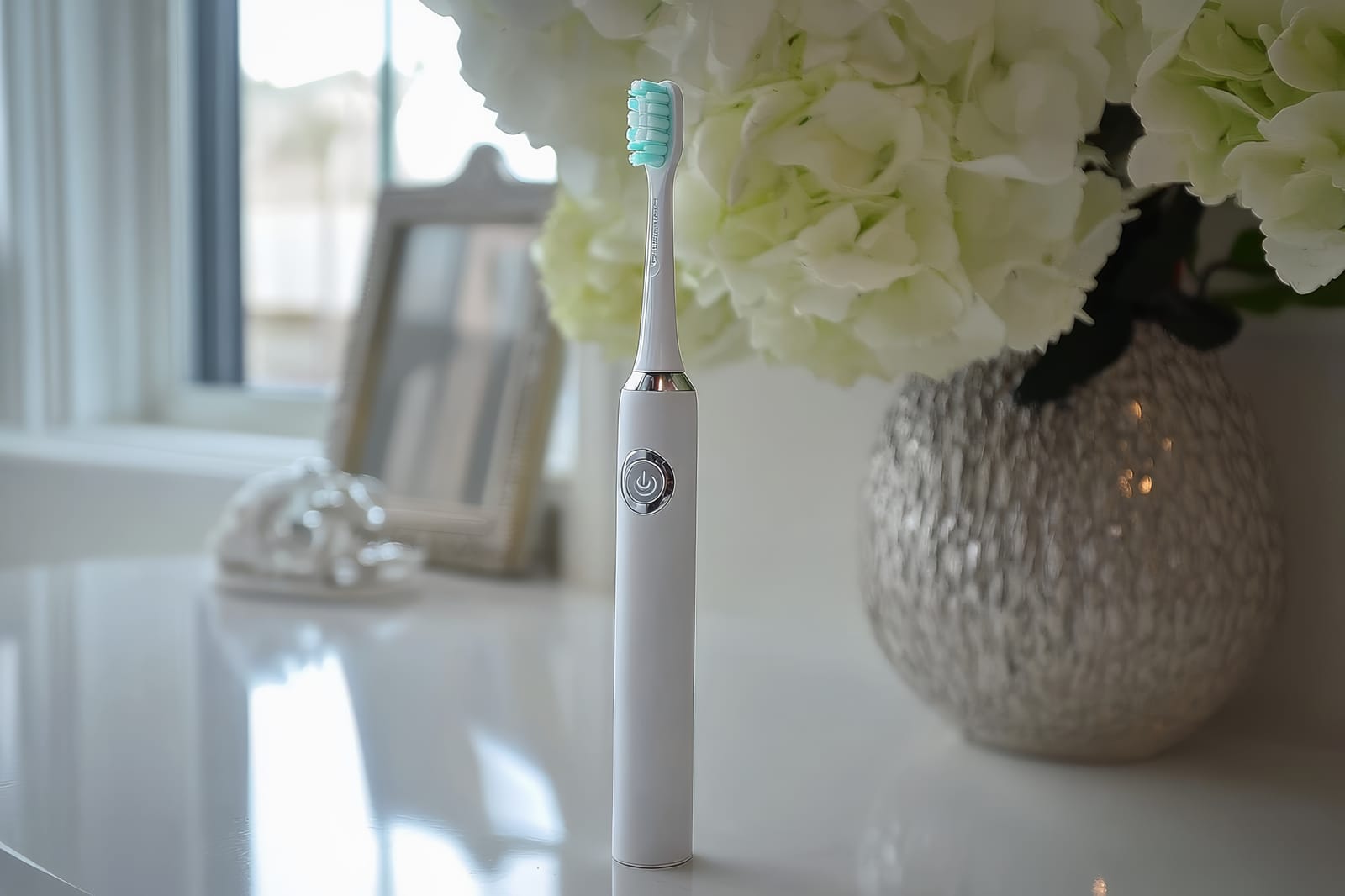Dentist Recommended Active Ingredients in Toothpaste and Dental Washes

Experts recommend brushing twice daily, sometimes with the extra effect of dental washes. Toothpaste and mouthwashes are common—you can get them in drugstores, food stores, health stores and dental clinics. So many varieties have been produced that making a decision sometimes can be hard.
Every day, you use a small portion of toothpaste to brush. However, was there ever a time it crossed your mind to ask what ingredients are in the toothpaste that allows it to clean the teeth? You may have wondered, “How do consumers make a decision? How do the manufacturers decide on ingredients? Do they consult dentists or dental hygienists for recommendations?”
Both toothpaste and mouthwashes contain active and inactive ingredients. The active ingredients are what combat cavities, give you fresh breath and perform the main functions of oral health. Inactive ingredients provide the toothpaste or mouthwash with their taste and texture. Although they do not contribute to protecting the teeth from cavities or disease, they make toothpaste and mouthwash tolerable.
Active ingredients in toothpastes and dental washes
Fluoride
Fluoride is regarded as the most effective ingredient for combating cavities. Almost every toothpaste contains fluoride because only products containing this ingredient can qualify for the ADA’s seal of endorsement. It is a natural cavity-fighting mineral that strengthens the teeth and makes them more impervious to decay and deterioration from acidic foods and drinks.
The most common type is sodium fluoride (NaF), and its percentage in toothpaste is between 0.10% and 0.15%. Cosmetic and therapeutic mouthwashes usually have fluoride, but in minimal doses. Fluoride dental washes contain higher percentages of fluoride.
Detergents (surfactants) such as sodium lauryl sulfate
Detergents are purgative scrubbing agents with hydrophilic and hydrophobic characteristics, They impact their antibacterial and cleansing (oil-dissolving) effects through surface actions. Detergents reduce the surface tension of the fluid situation in the mouth to make other ingredients in the toothpaste contact the teeth better.
They actively mix with and dissolve plaques to make the cleaning process more effective. They also produce foaming effects to enhance the cleaning process, remove debris and give the teeth a smooth feeling. Another use of detergents is to distribute the flavors in the toothpaste or dental wash.
Essential oils
Essentials oils, including eucalyptol, thymol, menthol and methyl salicylate, have antibacterial activity that functions by modifying bacterial cell walls. Dental washes with this active ingredient help to lessen the risk of gingivitis and plaque.
Preservatives
These ingredients inhibit the growth of micro-organisms in toothpaste and mouthwashes. Commonly used chemicals are sodium benzoate, ethylparaben and methylparaben.
Tetra sodium pyrophosphate
This active ingredient combats the accumulation of tartar on the teeth. Tartar is caused by continuous deposition of magnesium and calcium on the teeth. This ingredient eliminates these elements from the saliva to prevent tartar from forming a sheet that may later turn into hardened plaque.
Antibacterial agents such as triclosan or xylitol
These two ingredients are effective against bacteria and the formation of plaque. In some cases, zinc citrate or zinc chloride may be used as an antibacterial ingredient.
Here is what you should know
Before buying any toothpaste or mouthwash, ensure it has the ADA seal. That is the only way to be entirely sure it contains dentist-approved ingredients.
Call (435) 628-9099 today to reach St. George Dental Care.
Recent Posts
Brushing your teeth is essential for maintaining a healthy, beautiful smile, and using an electric toothbrush takes oral hygiene to the next level. At St. George Dental Care, located in St. George, UT, we're passionate about helping our patients maintain optimal oral health through modern dental practices and expert advice. Electric toothbrushes are revolutionizing dental…
Did you know that our ancestors cleaned their teeth long before toothbrushes as we know them existed? They used twigs, cloths, and even porcupine quills to maintain oral hygiene. Fast forward to the modern day, and we see electric toothbrushes with sophisticated features helping us maintain that perfect smile.But when were toothbrushes invented, and who…
If you’ve experienced the discomfort of sensitive teeth, you know how troublesome it can be. Whether it’s a sharp jolt of pain from sipping a chilled drink or tenderness while brushing, sensitive teeth can affect your everyday life. Thankfully, the right sensitive teeth toothpaste can make a world of difference.At St. George Dental Care, we’re…
Did you know that up to 30% of the population may be genetically predisposed to dental issues, such as weak enamel or gum disease? If you've brushed, flossed, and followed every recommended dental routine yet still face persistent dental problems, your genes might be part of the story. At St. George Dental Care, we understand…


